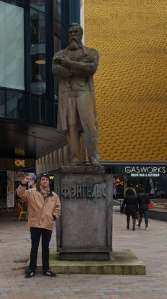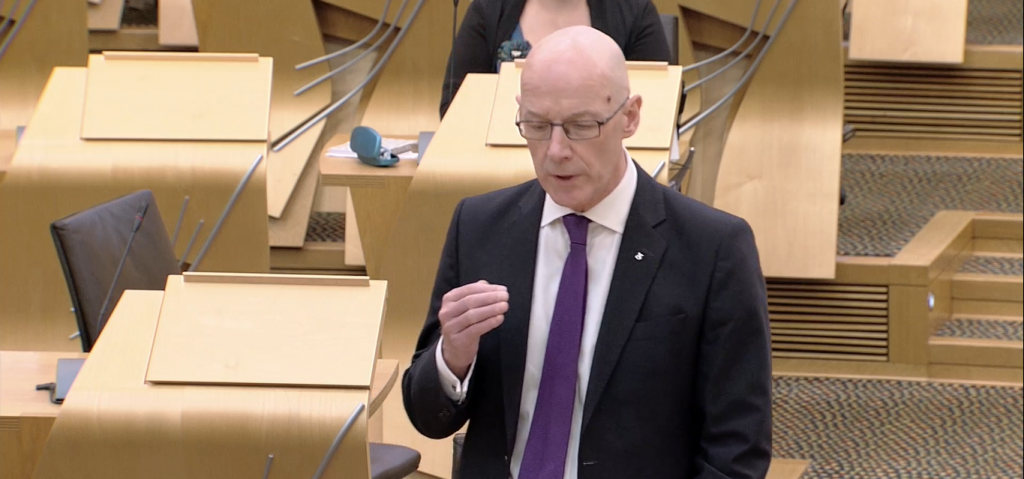
The Scottish Parliament yesterday (9 September 2021) voted in favour of launching a vaccine passport scheme which will require people in Scotland to prove they have been fully vaccinated before they can enter nightclubs and large events.
The Scottish Government hopes the scheme will encourage everyone, particularly young people, to get fully vaccinated, and will also make venues and events safer, making further restrictions less likely.
Similar schemes have been discussed in Britain and abroad resulting in widespread controversy over supposed creeping authoritarianism. Scotland’s love of football has also been intertwined with football fans forking out thousands on season tickets under the assumption that such a scheme was not going to be introduced.
Whilst the liberal media can fawn over whether this move is authoritarian or whether Sturgeon is morphing into Machiavelli, there are real issues wrapped up in this decision.
Firstly, is the question of whether this scheme actually serves its intended purpose? Will young people be encouraged to take the vaccine, and will venues and other events become safer?
A study from Imperial College London published last week, when these proposals were first drawn up, found that rather than encouraging greater uptake of the vaccine, a vaccine passport scheme actually increased vaccine hesitancy.
One of the principal authors of the study, Talya Porat said in a report that: “For some, vaccine passports act as incentives to get vaccinated so they can move freely in society. Our results suggest that for others, the passports might increase resistance to vaccination or alter the motivation behind their vaccine decisions in ways that might have detrimental long-term consequences.”
This poses serious concerns for the Scottish Government, who throughout the entire pandemic, have claimed to be “following the science”. Whether or not the SNP are on an authoritarian ego-trip is irrelevant. What is important in this case is that the Scottish Government seem hell-bent on introducing legislation which has not been thought out.
Nor is it the first time. Time after time, we have seen the SNP introducing authoritarian legislation which does not operate as intended. The Offensive Behaviour at Football Act, The Named Persons Act, The Hate Crime Act, the formation of Police Scotland. The list goes on and on and on.
Another crucial reason yesterday’s vote is proving controversial is that it acts as a crucial indicator of this new SNP-Green coalition. Just last month, prior to entering into coalition, Scottish Greens Co-Leader, Patrick Harvie, said Covid Passports “could risk making social inequality even worse, and that they could set a dangerous precedent for the longer term, in that people’s civil rights would be dependent on their medical history?”.
If Harvie’s opinion on this can be changed so quickly, what else will the Greens sacrifice to make their nationalist bedfellows happy? Of course this is hardly surprising, from Brighton to Broughtyferry, when Greens get into government, we see them capitulating to the right.
We can’t let ourselves get wrapped up in debates around covid passports that are largely irrelevant. However, the situation in Scotland has offered a useful example of the real position of the Greens in power, and offer yet another depressing example of the SNP’s determination to fast-track ill-thought-out legislation in an attempt to appear as if they are doing something to tackle very real issues.
Above all else, we have to do what we can to encourage everyone to get fully vaccinated. Vaccines represent the most effective tool we have at overcoming this deadly virus and putting the entire pandemic behind us. But we can only do that if as many people as possible get vaccinated. So if you haven’t got vaccinated yet, find a drop in centre, and get vaccinated today!
Peter Stoddart




